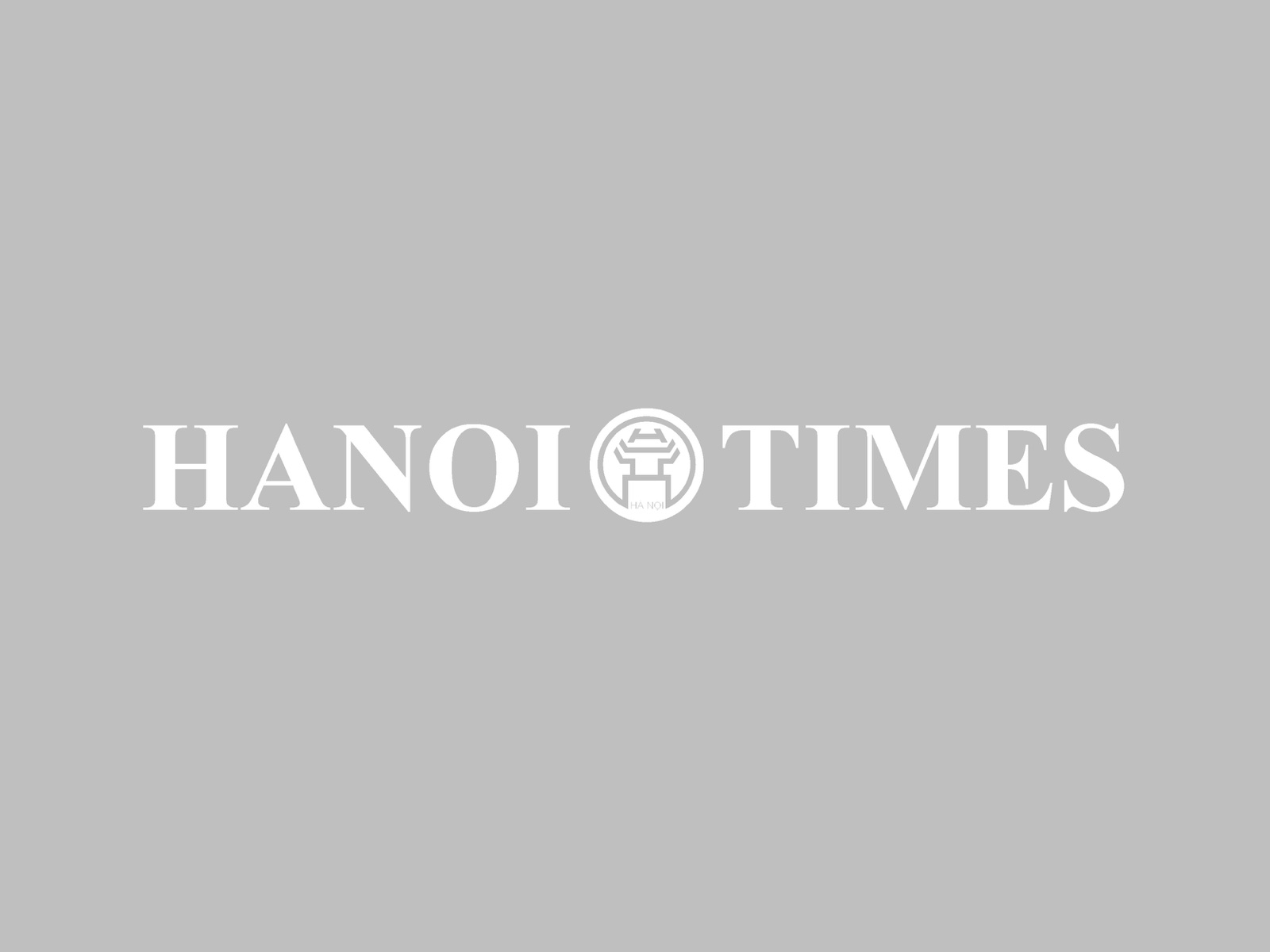Business
Uniqlo shifting production to Vietnam
Mar 31, 2018 / 01:12 PM
China still remains Uniqlo its number 1 production hub, but Vietnam`s growing importance to the Japanese casual clothing chain did not go unnoticed.
Major Uniqlo suppliers in Vietnam have increased about 40% since the brand first published a list of them in February 2017, a revised version of the company's core partner factory list issued on March 30 shows.
Fast Retailing, operator of casual clothing chain Uniqlo, is relying more on Southeast Asian producers as wages rise in China and the number of garment workers falls there. Monthly wages in Vietnam are about half of Chinese rates, according to the Japan External Trade Organization (JETRO).
Japan-based Fast Retailing still relies foremost on Chinese producers. But it considers Vietnam its No. 2 production hub, given the consistent quality of workers and stable political environment there.
Uniqlo also gained several big suppliers in Indonesia and Bangladesh. It also sources clothing from garment factories in Cambodia and Thailand, as well as in Japan.
Friday's list provides the names and addresses of 184 core partner factories - 38 more than in February 2017 -- across seven countries. These long-term partners supply about 80% of Uniqlo products by value.
Fast Retailing said it is taking steps to improve working conditions and maintain product quality at overseas factories.
The wave of fast fashion (contemporary term used by fashion retailers to express that designs move from catwalk quickly to capture current fashion trends) shows the Vietnam retail market has significantly transformed compared to the estimation 4 or 5 years ago from international organization, in which said Vietnam retail market would need at least 10 years to be fully developed.
After Zara, other branches of Inditex such as Stradivarius, Pull & Bear, Massimo Dutti also joined the Vietnam market, with an aim to the potential young customers of Vietnam.
This impressive breakthrough of the market stems from the high demands of Vietnamese customers for imported products with reasonable prices, which is only partially met through the hand carried goods sources.
Evidently, revenue of Zara Vietnam is currently in the top 5 for the highest revenue stores of the brand in the world. This is seen as strong motivation for other fashion brands such as Uniqlo and Forever21 to approach Vietnam fashion market.
According to the estimation of Hanoi Supermarket Association, approx. 50% of the retail market shares in Vietnam is belong to foreign companies.

Major Uniqlo suppliers in Vietnam have increased about 40%.
|
Japan-based Fast Retailing still relies foremost on Chinese producers. But it considers Vietnam its No. 2 production hub, given the consistent quality of workers and stable political environment there.
Uniqlo also gained several big suppliers in Indonesia and Bangladesh. It also sources clothing from garment factories in Cambodia and Thailand, as well as in Japan.
Friday's list provides the names and addresses of 184 core partner factories - 38 more than in February 2017 -- across seven countries. These long-term partners supply about 80% of Uniqlo products by value.
Fast Retailing said it is taking steps to improve working conditions and maintain product quality at overseas factories.
The wave of fast fashion (contemporary term used by fashion retailers to express that designs move from catwalk quickly to capture current fashion trends) shows the Vietnam retail market has significantly transformed compared to the estimation 4 or 5 years ago from international organization, in which said Vietnam retail market would need at least 10 years to be fully developed.
After Zara, other branches of Inditex such as Stradivarius, Pull & Bear, Massimo Dutti also joined the Vietnam market, with an aim to the potential young customers of Vietnam.
This impressive breakthrough of the market stems from the high demands of Vietnamese customers for imported products with reasonable prices, which is only partially met through the hand carried goods sources.
Evidently, revenue of Zara Vietnam is currently in the top 5 for the highest revenue stores of the brand in the world. This is seen as strong motivation for other fashion brands such as Uniqlo and Forever21 to approach Vietnam fashion market.
According to the estimation of Hanoi Supermarket Association, approx. 50% of the retail market shares in Vietnam is belong to foreign companies.








